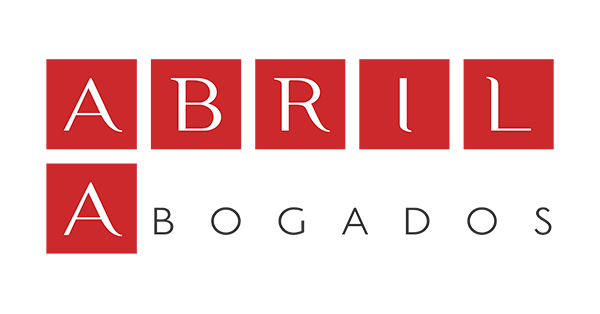The Paris 2024 Olympic Games have just begun, so we are immersed in the great feats already achieved, as well as those yet to be reached, which will leave unforgettable moments.
Therefore, what better occasion than this to take a look at how this great event is developing with regard to the intellectual property industry, that is, how and when it was born, how its intangible assets are protected, the reasons that lead the International Olympic Committee to register its trademarks, the benefits that are generated through this practice and what we are referring to.
First of all, it should be mentioned that the Olympic Games began to take shape in 1894, precisely at the Sorbonne University in Paris, by Mr. Pierre de Coubertin, who, with Mr. Dimitrios Vikelas as their first president, created the recognised International Olympic Committee (IOC), which gave rise to the first Games in 1896.
The Committee is in charge of supervising, managing and promoting the games, as well as ensuring the protection of all its intangible assets (logos such as the famous 7 rings or the inaugural torch), being very conscious of their importance, given that, in this way, it is granted an exclusive right of use and restriction of this to third parties, meaning that only the owner of the registered trademarks may license the use of these under the stipulations agreed by the parties.
Accordingly, sponsors (at the different levels granted by the IOC) proceed to make large investments in order to use the Games as an advertising platform due to the enormous economic impact they generate, both for the athletes and for the brands that promote them. Therefore, it is the Committee that allows sponsors to use the official trademarks of the games, leading to a mutually beneficial partnership.
It should be noted that the use of athletes’ images during the Games and for advertising purposes by brands that are not sponsors of the event, which is regulated by Rule 40 of the Olympic Charter, has been made more flexible compared to previous years.
However, on the other hand, no third party is allowed to profit from the use of the aforementioned terms without the corresponding licence to do so, as otherwise we would be facing a direct infringement of the industrial and intellectual property rights (and image rights, among others, if it affects its athletes) conferred to its owner.
In this sense, we can appreciate that the Paris 2024 Olympic Games not only offer us a unique sporting spectacle, but also underline the relevance of the protection of intellectual and industrial property through a rigorous management and defence of these rights.
Cristina Abajo


